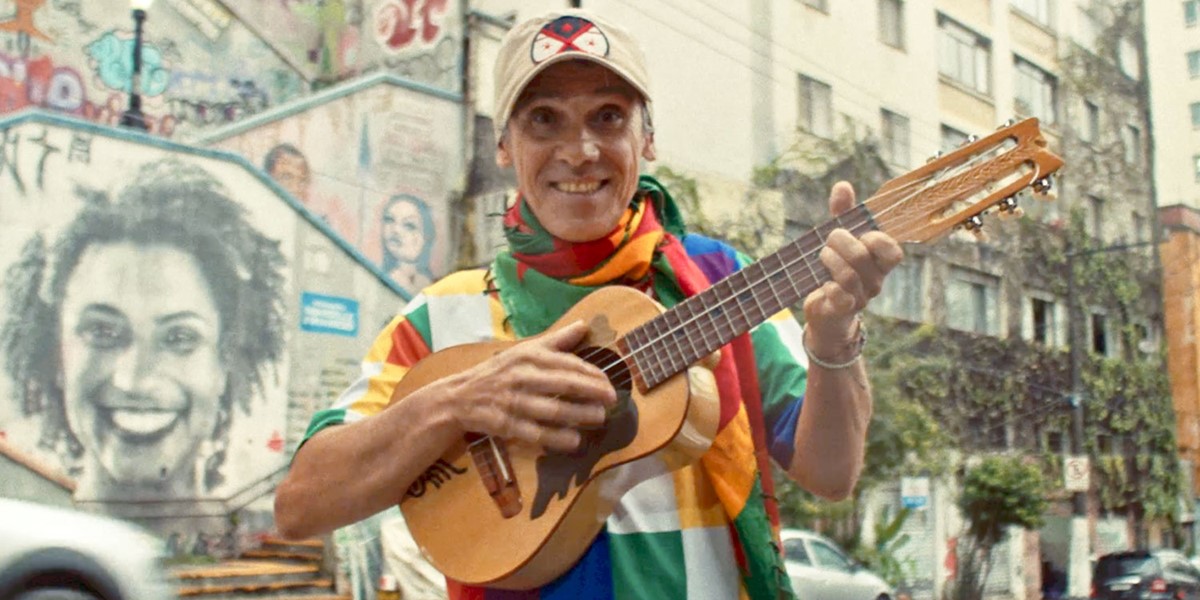Thursday, December 12, 2024
World Pioneer: Manu Chao
Peter Culshaw shares stories collected on the road with Manu Chao, this year’s winner of Songlines’ World Pioneer, an award given to artists for their contribution to music

Manu Chao (photo: Sofia Dowbor / Radio Bemba)

Register now to continue reading

Thanks for visiting the Songlines website, your guide to an extraordinary world of music and culture. Sign up for a free account now to enjoy:
- Free access to 2 subscriber-only articles and album reviews every month
- Unlimited access to our news and awards pages
- Our regular email newsletters

